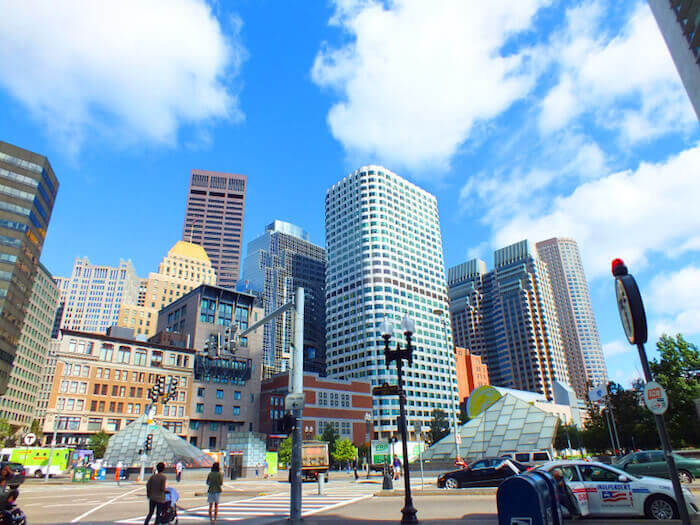BOSTON – Boston City Councilor Ed Flynn will be chairing a virtual hearing on issues relating to water and sewer infrastructure in the city next Monday. The aim of the hearing is to discuss the safety and maintenance of our water and sewer infrastructure, which is critical for the sanitation and public health of our residents. The hearing will be on Monday, December 14th, at 5pm.
Boston is one of the oldest cities in the United States, and its water distribution system began construction in the mid-1800s. By the 1970s, the conditions of the city’s water system began to deteriorate, and in 1977, the Boston Water and Sewer Commission was created to oversee Boston’s water system. With the recent development boom, we need to ensure that the added buildings to our water and sewer lines do not overburden the system, and that the integrity of our infrastructure is maintained. Back in April, there was unfortunately a water main break in the South End, which flooded many businesses and buildings, and caused additional hardship to residents and business owners during the COVID-19 pandemic. We need to ensure that something like this can be prevented in the future.
Moreover, neighborhoods such as Back Bay, South End, Bay Village, Fort Point Channel, and other nearby neighborhoods were built on filled land that rely on wood pilings for support, and these wood pilings need to be submerged in groundwater in order to prevent rotting. Therefore, maintenance of water and sewer infrastructure is important for groundwater level also, as any rupture or leakage not only causes flooding, but also decreases the groundwater level that submerges the wood pilings beneath foundation in many parts of the city. Some Boston neighborhoods also have private alleys and private sewers that abut commercial and residential properties, where property owners are responsible for the maintenance of these alleys and sewers. However, the costs of maintenance and repair for private alleys and sewer lines can be expensive, as well as a point of confusion and contention.
“Our water and sewer infrastructure is essential for our residents’ health, public safety, and quality of life, and we need to ensure that our water and sewer pipes are well maintained and secure,” said Councilor Flynn. “Access to clean water and quality waste management is always critical, and I look forward to having this discussion with stakeholders about how we can maintain the integrity of this important infrastructure.”
For more information on the hearing, please visit https://www.boston.gov/public-notices/13675546, or contact Councilor Flynn’s office at 617-635-3203 or [email protected].
-
Run your cold water faucets: If you have lead service pipes or other plumbing that contains lead flush water, run your faucets for a period of 30 seconds to 2 minutes or until the water feels cold prior to using the water for drinking or cooking, especially if your water has been sitting unused for several hours.
-
Test your home for lead: The only way to determine the level of lead in drinking water at your home is to have the water tested by a state certified laboratory. The cost to test is usually between $20 and $50. A list of labs is available online at www.mwra.com or call (617) 242-5323.
-
Test your child for lead: Contact your local health department or your healthcare provider to find out how you can get your child tested. A blood lead level test is the only way to know if your child is being exposed to lead. For more information, contact the state Department of Public Health at 1-800-532-9571.
-
Lead Replacement Incentive Program: BWSC offers a Lead Replacement Incentive Program and provides owners with up to $2,000 towards the cost of replacing private lead service lines. You can use the interactive Lead Service Map at https://www.bwsc.org/environment-education/maproom/lead-service-map
-
Consider using a filter
-
Contact BWSC: For more information about lead in drinking water and to find out how to test tap water for lead, contact the Commission at the Lead Hotline at (617) 989-7888 or (617) 989-7000. You may also visit the Commission’s website at www.bwsc.org with any questions.





Update: Shuttle Buses to Replace Red Line in May – Get the details
Mayor Wu Announces Launch of Wake Up the Night Grant!
May Service Changes: MBTA Continues Work to Improve Reliability Across the System – including the Red Line